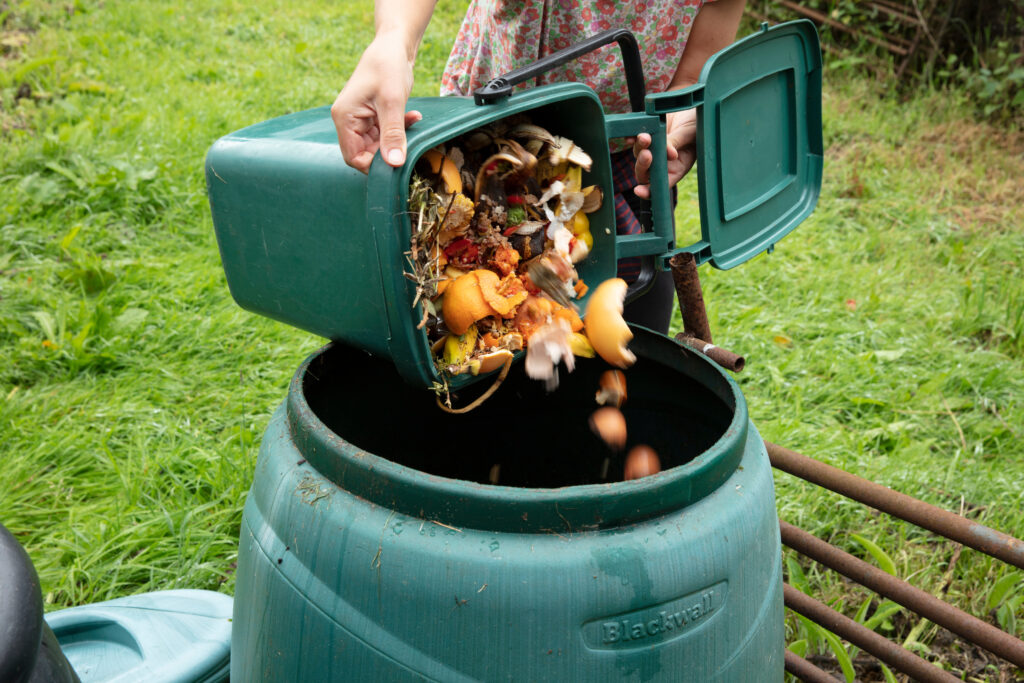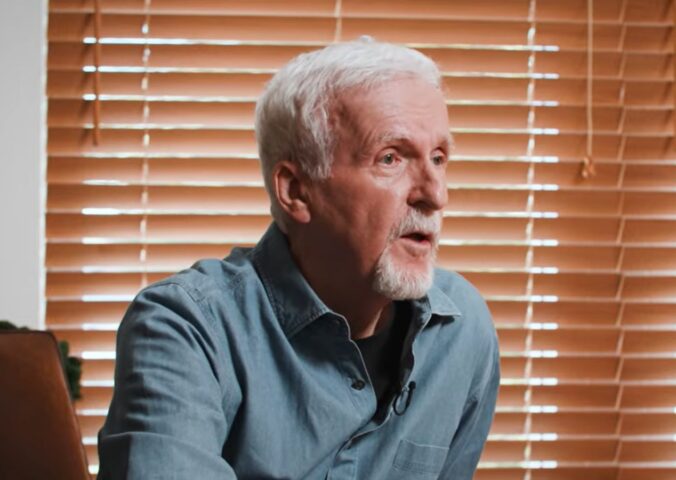New York City’s mostly plant-based, health-minded Mayor Eric Adams just surprised his 8.5 million constituents – who all have big opinions about their city – by announcing that composting will become mandatory in all five boroughs in the coming year. Climate conscious consumers who already recycle began asking: “How will that work?”
Even if you occasionally have composted, either because you were lucky enough to visit a friend or parent with a house in the country, or just learned about it in school, the obvious question is: How do you compost when you live in an urban apartment building? And won’t we just be leaving out a plant-based buffet for our neighborhood rats?
The answer is composting will work, and already has begun to. And the rat problem is already being handled by not allowing buildings and homes to leave garbage curbside overnight. Both good moves for the health of the city and the planet. In fact, a voluntary composting program is already in effect in parts of Brooklyn, and a pilot program of mandatory composting in Queens has crushed expectations and surpassed all measures of success – saving more tons of garbage than even the Brooklyn program.
Urban composting is on the rise

Big city composting is becoming more commonplace, and already 200 cities across the US, and many universities, have introduced urban composting. The first major US city to introduce composting was San Francisco, which implemented curbside collection of food scraps for composting back in 1996. Since then, large urban areas in six US states have been introduced to allow for curbside pick ups for food scraps and yard cuttings.
The question on everyone’s mind who is being asked to compost in the Big Apple is: Leaving scraps around for days? Won’t that stink? The answer may surprise you.
What is composting?
Composting is the practice of separating your food scraps and placing organic, non animal or dairy products (other than eggs shells or clam shells) into a container in the kitchen, temporarily, and out of the main garbage bin. That leaves out all plastic and glass containers, diapers, metal, and anyone who once walked on four or two legs (and anything that came from an animal who did).
What you can compost:
- Vegetable scraps
- Fruit peels and pits
- Citrus rinds
- Coffee grinds
- Flowers past their prime
- Stems, leaves, and roots
- Corn husks and cobs
- Olive and other pits
- Nuts, seeds, and shells
- Anything you could hypothetically grow, or that is part of something that grows
What you can NOT compost:
- Meat (including beef, pork, lamb, and chicken)
- Dairy (any and all dairy products)
- Bones (except fish bones)
- Plastic containers or products
- Glass containers or jars
- Metal (including aluminum foil)
- Paper and foam products, and non-paper packaging
- Disposable diapers and personal care items
- Animal waste
How to start composting
First, place your scraps in a small kitchen bin. Think of it as a chance to buy another cute kitchen item! Small compost containers sell for under $30 on Amazon.
Most people buy a small container that holds a day’s worth of scraps and place it near the kitchen sink or waste basket. That way you are reminded to put the organic waste in it. This not only spares the regular garbage from filling up so quickly, but since these compost containers are only holding clean organic food waste they generally don’t smell. You can get one with a charcoal liner in the lid which further absorbs and neutralizes any decomposing fruit smells.
After a day or so of loading your compost bin, composting usually requires removing the scraps to a more permanent compost heap somewhere outside, or placing them into a compost bin beside the house. But what do you do when you live 14 flights up in a highrise building, and you don’t have a backyard, a nearby garden, or a compost bin?

It’s simple in the country since when you place the scraps in an outdoor compost tub or designated compost heap, over time, they decompose and turn into a rich soil additive that helps add back organic nutrients that make your plants grow faster, healthier, and produce more fruit.
The same nutrients in our plant-based diets add back nutrients to the planted bushes, trees, vegetables, fruit, flowers and tubers that love the decomposed banana peels, avocado skins and corn cobs and any other plant-based food waste that came out of the ground in the first place.
Once these have turned into a dark, nutrient-rich soil additive in a matter of weeks, this rich compost fertilizer soil can be added back into the vegetable garden or sprinkled onto plants to help them grow. The three main ingredients in compost are:
- Carbon-rich materials or “browns” that include dry leaves, plant stalks, and twigs.
- Nitrogen-rich materials or “greens” that include grass and food scraps.
- Water which adds moisture and oxygen.
How do you compost in a big city?
New York is already leading the way, with curbside composting pickup throughout Queens on the same day as recycling gets picked up. Composting is scheduled to start in Brooklyn in October 2023, followed by the Bronx and Staten Island in March of 2024 and finally, Manhattan in October of 2024.
The city has created a set of instructions to give helpful guidelines for curbside pickup. Essentially you set out your compost at the curb in a labeled bin with a secure lid or in your Department of Sanitation brown compost bin (larger items such as leaf and yard waste must be put in a bag separate from trash). Or you can use your own bin and get a free composting bin decal from the city to mark your garbage as composting scraps.
If your building has a doorperson or super who puts the garbage out for the entire building, the city has created guidelines for them as well, instructing on composting in larger buildings.
In an exception to composting norms, New York will be picking up some animal products. The website states the following:
“We will pick up ALL leaf and yard waste, food scraps, and food-soiled paper. This includes meat, bones, dairy, prepared foods, and greasy uncoated paper plates and pizza boxes.”
How successful is composting?
According to the city, the Queens curbside organics program successfully diverted 12.7 million pounds of material in its first season. Meanwhile eight out of 14 districts in Queens out-performed the best of Brooklyn’s opt-in districts – Park Slope, Carroll Gardens, Cobble Hill – which has participated in organics collection for nearly a decade.
We see a healthy competition brewing. Forget the subway series, now there’s the battle of the boroughs, composting style. Eager to get started? The city already offers Food Scrap Drop Off sites and an app to find the ones near you.
—
If you purchase something through a link on our site, Plant Based News may earn a commission, which helps us to provide our free services to millions of people each week.






